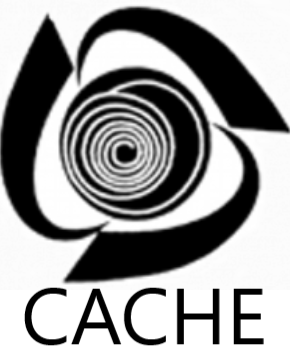Fundamentals of Engineering (FE) Chemical Exam Review
This screencast describes what information is available on LearnChemE’s FE and PE Chemical Exam Review pages.
About the FE Exam:
The FE exam is a computer-based test. Visit the NCEES FE website or the NCEES YouTube channel for details. An electronic reference booklet of equations and constants is supplied at the beginning of the exam. Register or log in to MyNCEES to download your free copy of the FE Reference Handbook. The 6-hour chemical engineering F.E. exam consists of 110 questions over these topic areas: mathematics; probability and statistics; engineering sciences; materials science; chemistry and biology; fluid mechanics/dynamics; thermodynamics; material/energy balances; heat transfer; mass transfer and separation; solids handling; chemical reaction engineering; economics; process design; process control; safety, health and environment; and ethics and professional practice.
Learn Studying Skills:
- How to Study: Part 1 – suggestions on how to study based on the psychology literature on learning: part 1 discusses practice testing.
- How to Study: Part 2 – suggestions on how to study based on the psychology literature on learning: part 2 discusses distributed practice and interleaved practice.
- How to Study: Part 3 – suggestions on how to study based on the psychology literature on learning: part 3 discusses how to improve retention and what approaches to avoid.
- How to Study using Screencasts – suggestions on how to study using screencasts based on the psychology literature on learning.
- How to Study and Take Exams – PDF discussing study techniques
FE Exam Studying Resources:
Screencasts, interactive simulations, and self-study modules listed by exam topic:
Click on any of the exam topics below to view the relevant information.



